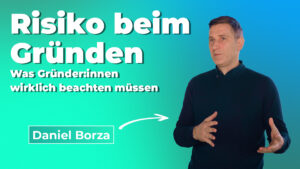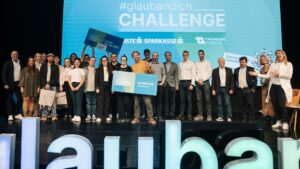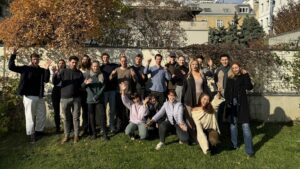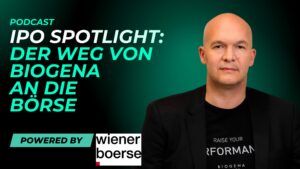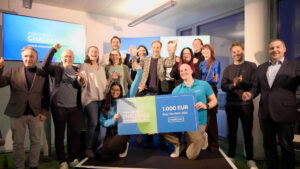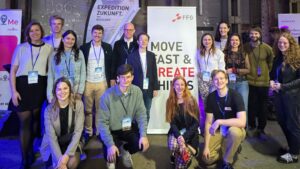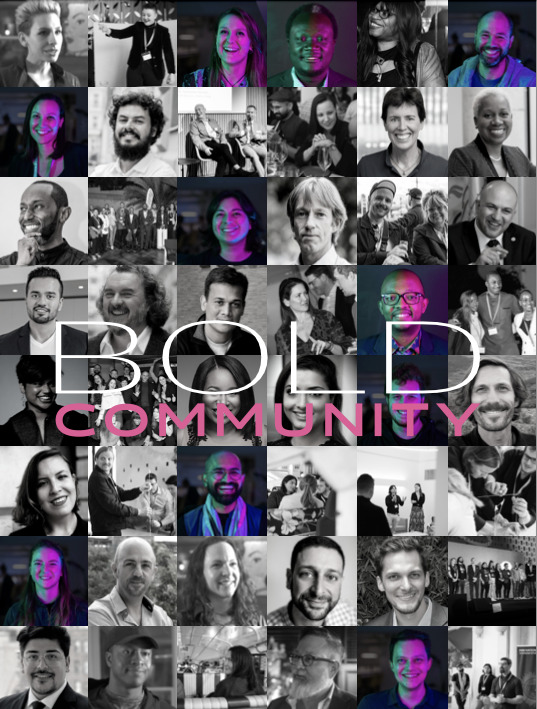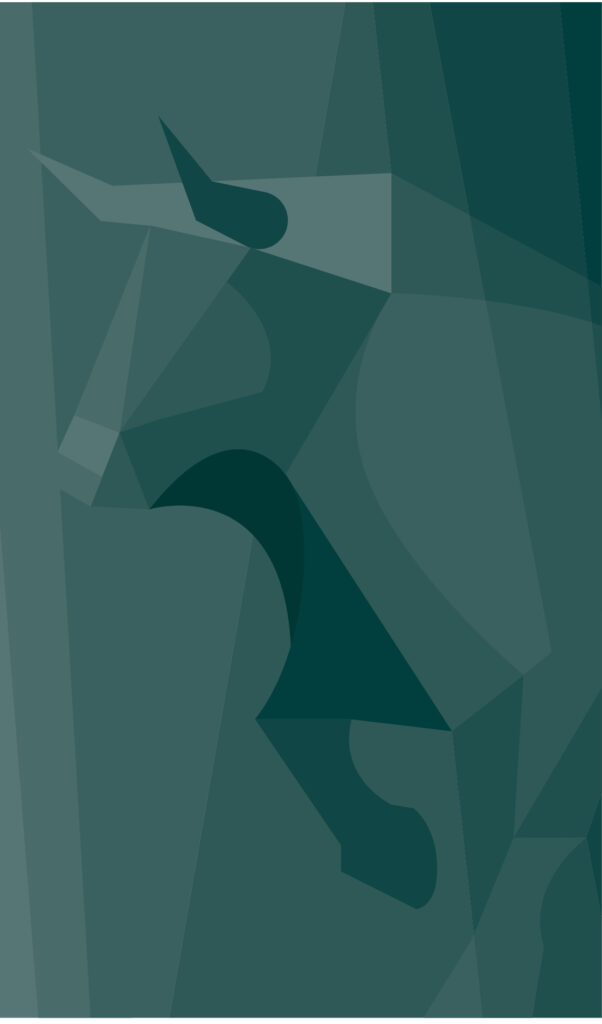Decentralized Autonomous Organizations: “Everything from greengrocery to tech company could be operated this way”
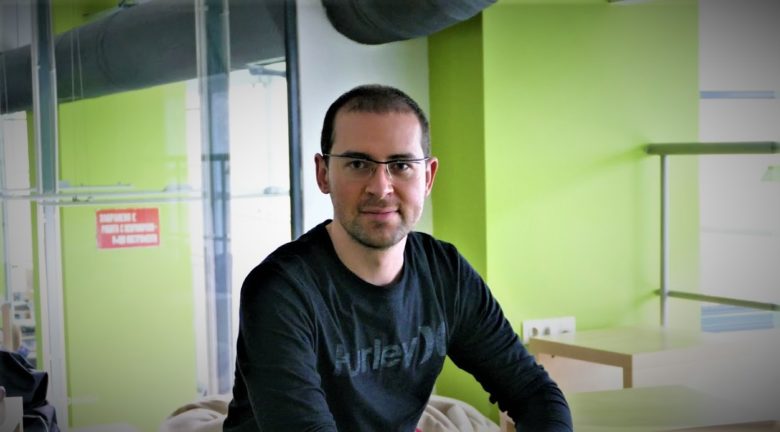
Remember The DAO in 2016? The digital decentralized autonomous organization, which was based on blockchain, supposed to be owned by everyone who invested $150M in it and to pay for and profit from projects executed by external contributors. It wasn’t a successful project for several reasons – a hack due to a bug in the DAO itself. However, the attempt to create such an organization was a major shift in the traditional frameworks in which economy exists.
Since then there have been several experiments with similar organizations and the Initial Coin Offering (ICO) boom last year made a lot of enthusiasts think that the DAOs time is now coming for real. Well, it was not exactly the case. There are, however, companies and organizations working on the matter. Comrade Cooperative, a cooperative of 22, is currently developing several disruptive projects in the blockchain domain and has recently won a €250K award for one of them – ScyNet. Comrade is also building a tool called Wetonomy, which could turn any type of organization into a DAO. So far, Comrade has raised €570K from private investors, the digital jurisdiction platform Aragon, blockchain company Aethernity and Bulgarian Telelink for its projects.
Furthermore, Todor Kolev, currently chair of Comrade, is about to close a private investment fund called Cyrillic that would back Bulgarian DAOs and already has €8M in term sheet. Trending Topics met Todor to talk about his DAO philosophy, those futuristic new projects and the business opportunities they are opening.
Trending Topics: You own a rather traditional software company that seems to be going well. What made you initiate the Comrade Cooperative and what are you aiming with those DAO projects?
Todor Kolev: Four years ago, I was once trying to solve the problem how to make Bulgaria the next Silicon Valley, to put it on the world map big time and I came up with the plan. (laughs)
As part of a company that has the chance to be one of the first working DAOs, share some thoughts on why is that the next big thing?
It all started in 2008 – the financial crisis, the announcement of Bitcoin. The total economy collapse happened because of the whole packaging of risks and centralization of responsibilities. And it was not a coincidence that the Bitcoin was introduced exactly in this moment. That was the time hacktivism was born. It simply happened due to the fact that the world is not working in an optimal way. The centralization might have worked in the past, but it doesn’t fit the way we communicate and operate today. Even Adam Smith says “the work done by freemen comes cheaper in the end”. In other words people that have a dedicated responsibility and feel as owners of their fate, have also the incentive to develop and get more and more effective. On the other hand, people that are treated as resources don’t have such incentives and feel that nothing depends on them. This applies to 90% of the population in the current economic system. Even entrepreneurs are in this situation because they have been treated like employees by most of the VCs. But on the other side of the rope, they hold the whole centralized responsibility and burnout all the time. The main problem is that the hierarchical structure has a single point of failure.
So how do DAOs solve this problem on practical level?
The fundamental solution is to build such a structure where nobody is on the top of the pyramid and needs to make all the decisions but we still have a single point of truth. That’s what Еthereum and the smart contracts offer and we could now have not hierarchical but network systems. Through such systems, we could not only exchange Bitcoins or any cryptocurrencies but also make smart contracts that guarantee the given transactions would happen in alignment with specific rules. And the system could not be cheated. If we build a bit on that idea we could have an autonomous digital wallet – we put money on it and it only goes out according to specific rules. One step further is the autonomous organization – it is not owned by anyone but there are people on its edges who contribute to it and get rewarded based on the company’s performance.
And who decides that?
The system.
Is Comradе Cooperative this kind of organization and what is Wetonomy exactly ?
Comrade is still not a DAO, we are a cooperative which in its core follows the same principles but with more old school tools. We are equal owners of Comrade.We are currently developing something called Wetonomy, which will be live in April. It’s a system that would allow any company and organization to turn into DAO, in this case a wetonomy and would be part of a network.
The wetonomy could create debt called high-risk automated debt and to distribute it to its contributors – founders, employees, freelancers, investors. Once the company starts generating revenue they get rewarded based on this debt – the wetonomy buys it back. This is a smarter way to incentivize people in startups as well – instead of giving away equity.
What does Comrade profit from?
Wetonomy is a tool. The company goes through the process, gets an indent and starts to issue debts. Our DAO, the one of the cooperative, receives 1% of this debt. Thus we receive 1% of the whole Wetonomy economy.
What kind of organizations is the Wetonomy structure suitable for?
Any kind. We’ve gone through many different scenarios – it could be a small company, a corporation with divisions etc. Everything from a greengrocery to a tech startup.
Speaking of startups, you have recently announced a new investment fund called Cyrillic. How is that connected to the other projects?
I, of course, have private interests with all those projects. It’s not only for the commonwealth. Other VCs will need time to navigate and understand how to invest in those new kind of organizations. That is where Cyrillic comes in the game – it will only invest in wetonomies, companies that are part of the Wetonomy network. When Cyrillic invests in a company, it issues debt to the fund.
Why is it an advantage to the fund to invest in this type of companies?
The dynamics are very different. When investing in a startup it’s a binary process – either you get returns or not. When investing in a DAO, you start gaining returns the moment the company starts generating revenue. The cash flow is much faster than traditional VC investments when you have to wait for an IPO or an exit.
Are there companies to invest in through the Cyrillic?
We will have to create the pipeline. Once Wetonomy is live in April any company regardless of its current organization could go through the wizard and get its ident. Then it would be eligible for investment.
Why Cyrillic?
Because that’s our script and the fund is local. It would only invest in Bulgarian companies. If we’d disperse this money within the global economy, they would have very limited or no impact. And I was trying to solve the problem how to make Bulgaria the next Silicon Valley.



